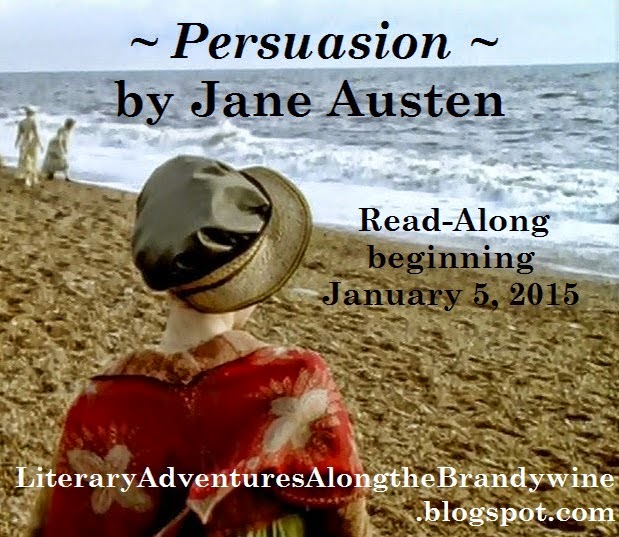 |
St. John of the Cross (1656)
Francisco de Zurbarán
source Wikipedia |
This poem is my fifth read for my
Deal Me In Challenge 2015.
Canción II: La Noche
Oscura
Canciones
De el alma que
se goza de haber llegado
Al alto
estado de la perfección, que
Es la union
con Dios, por el camino
De la
negación espiritual.
1. En una noche
escura,
con ansias, en amores inflamada,
¡o dichosa ventura!,
salí sin ser notada,
estando ya mi casa sosegada:
2. a escuras y segura
por la secreta escala, disfrazada,
¡o dichosa ventura!,
a escuras y en celada,
estando ya mi casa sosegada;
3. en la noche
dichosa,
en secreto, que nadie me veía,
ni yo miraba cosa,
sin otra luz y guía
sino la que en el corazón ardía.
4. Aquésta me guïaba
más cierto que la luz del mediodía,
a donde me esperaba
quien yo bien me sabía,
en parte donde nadie parecía.
5. ¡O noche que guiaste!,
¡o noche, amable más que el alborada!,
¡o noche que juntaste
Amado con amada,
amada en el amado transformada!
6. En mi pecho
florido,
que entero para él solo se guardaba,
allí quedó dormido,
y yo le regalaba;
y el ventalle de cedros aire daba.
7. El aire de la
almena,
quando yo sus cabellos esparcía,
con su mano serena
en mi cuello hería,
y todos mis sentidos suspendía.
8. Quedéme y olvidéme,
el rostro recliné sobre el amado;
cesó todo y dejéme,
dejando mi cuidado
entre las azucenas olvidado.

Song
II: The Dark Night
Songs
Of the soul
that rejoices at having reached
The high state of perfection, which
Is the union
with God, by means of the path
Of spiritual
denial of self
1. On a dark night, deep and black,
When I, on fire
with the passions of love
---- what great
good fortune was mine! ---
slipped out,
hidden, unseen,
when my sleeping
house was silent and still;
2. and protected in
the dark,
concealed by the
quiet, secret staircase
---- what great good
fortune was mine! ---
in the ebon dark,
well-hidden
when my sleeping
house was silent and still;
3. and on the
fortunate night,
in secret, when no
one’s eyes could see me,
I saw nothing
around me
And had no light or
guide
But the one that
was blazing in my heart.
4. This was the
fire that led me,
more clear and
certain than the light of noon,
to where he waited
for me
--- I knew who he
was, oh I knew ---
there where no one
was seen, no one appeared.
5. O dark night who
guided me!
O night, kinder by
far than any dawn!
O night, you who
have joined
lover with beloved,
beloved into lover
here transformed!
6. On my flowering
bosom,
meant only for him,
kept for him alone,
he rested his head
to sleep,
and I with love
caressed him,
and the swaying
cedars sent a breeze for him.
7. The wind from
the battlements
when I loosed his
hair and smoothed it, unbound,
with serene and
tranquil hand,
struck my neck,
pierced and wounded it,
dimming and
suspending all my senses.
8. I stayed there,
self forgotten,
lowered my face,
leaning over my lover,
all things ceased,
self abandoned,
abandoning all care
that lies,
forgotten, there among the lilies.
I found this poem in the book
The Golden Age: Poems of the Spanish Renaissance to which Amanda of
Simpler Pastimes kindly introduced me. It was a "close your eyes and point" choice, yet it has turned out to be quite a fascinating poem.
St. John of the Cross was a disciple of St. Teresa of Ávila,
whose biography I had recently read. He fought to reform the Spanish Carmelites and spent a number of years in prison where he compposed the Cántico espiritual, or Spiritual Canticle, without any writing tools, having to rely solely on his memory.
Song II: The Dark Night is part of St. John's greater work, The Dark Night of the Soul, chronicling the spiritual journey of the soul and the stages of love that it must pass through to become more like God. Taken out of context, this poem loses some meaning but the beauty of the words and the impact is spiritual by themselves. Based on the biblical book, Songs of Songs, the sensual imagery St. John uses for the union of the soul and God is a stepping outside of religious tradition. Mystic and beautiful, the poem marries the natural to the supernatural, to exemplify harmony with God.
Deal Me In Challenge #5 - Jack of Diamonds































_by_Francis_Grose.jpg)







